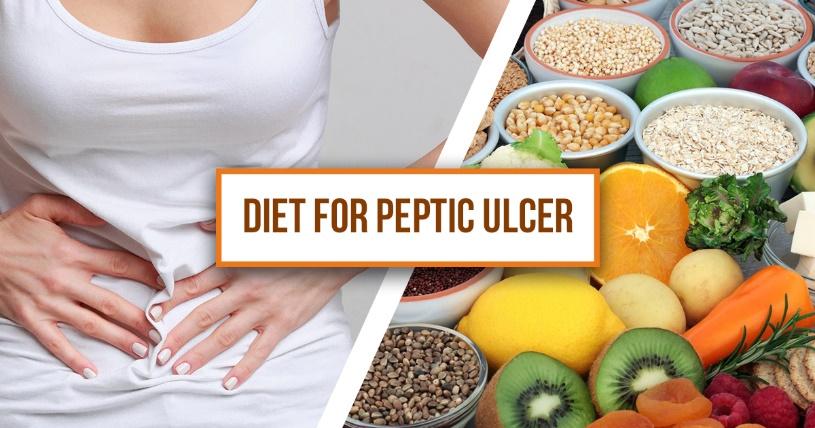Foods to Avoid with a Peptic Ulcer:
Spicy and acidic foods:
Avoid foods that are spicy or highly acidic as they can irritate the stomach lining. This includes citrus fruits, tomatoes and tomato-based products, and spicy foods like chili or Mexican food.
Dairy products:
Dairy can increase stomach acid production, so it’s best to avoid cheese, cream soups, dairy desserts like ice cream and pudding, and milkshakes.
Fatty foods:
High-fat foods are harder to digest and can increase acid production. Avoid fatty red meats, fried or fatty foods like French fries and fried chicken, and foods high in hydrogenated fats such as baked goods.
Processed meats:
Processed meats like hotdogs, sausages, and salami should be avoided as they can worsen symptoms.
High-sodium condiments:
Condiments like soy sauce, steak sauce, and barbecue sauce that are high in sodium should be limited or avoided.
Chocolate and caffeine:
Chocolate is rich in caffeine, which can increase acid production. Limit or avoid chocolate and beverages like coffee, caffeinated tea, cola, and energy drinks.
High-sugar carbonated drinks:
Sweetened carbonated drinks can increase stomach acid, so it’s best to avoid them.
Alcohol:
Alcohol can irritate the stomach lining and increase acid production. It’s best to avoid alcoholic beverages, including wine coolers and hard seltzers.
Drinks to Avoid with a Peptic Ulcer:
Alcohol:
Avoid all types of alcoholic beverages.
Caffeinated drinks:
Both caffeinated and decaffeinated coffee, black tea, and energy drinks should be avoided.
Citrus drinks:
Orange juice, citrus punch, and other citrus-based drinks can aggravate symptoms.
Sweetened carbonated drinks:
These beverages can increase stomach acid production and should be avoided.
Tomato juice:
Tomato-based juices like V8 and Clamato should be avoided.
Foods to Eat with a Peptic Ulcer:
Bland foods:
Stick to a bland diet that is low in acidity, saturated fats, and spiciness. This includes foods like lean meats, fish, whole grains, leafy green vegetables, orange and yellow vegetables, and whole-wheat bread and pasta.
Fiber-rich foods:
Foods high in dietary fiber, both soluble and insoluble, can help lower stomach acid and reduce the risk of peptic ulcers. Include beans, legumes, fiber-rich fruits, nuts, seeds, and whole grains in your diet.
Probiotic-rich foods:
Foods containing probiotics, such as pickled vegetables, yogurt, kefir, and miso, can aid in healing and prevent the attachment of H. pylori bacteria to the stomach lining.
Flavonoid-rich foods:
Foods rich in flavonoids, such as berries, cranberries, kale, broccoli, and celery, are believed to inhibit the growth of H. pylori bacteria.
What to Drink with a Peptic Ulcer:
Plain water:
Water is the best choice for staying hydrated and soothing the stomach.
Caffeine-free herbal teas:
Opt for herbal teas that are caffeine-free, such as chamomile or peppermint tea.
Cranberry juice:
Cranberry juice, when unsweetened, can be a good option for a refreshing drink.
Probiotic beverages:
Kefir and kombucha are probiotic-rich drinks that may have beneficial effects on gut health.
Yogurt drinks:
Choose yogurt drinks that contain probiotics and have a soothing effect on the stomach.
Remember to consult with a healthcare professional for personalized dietary recommendations and to ensure appropriate management of your peptic ulcer.

